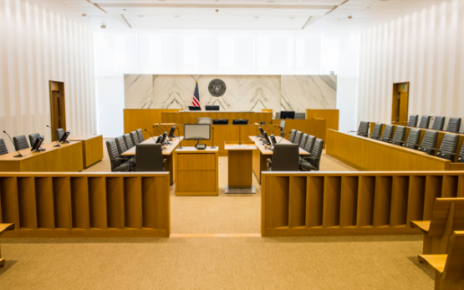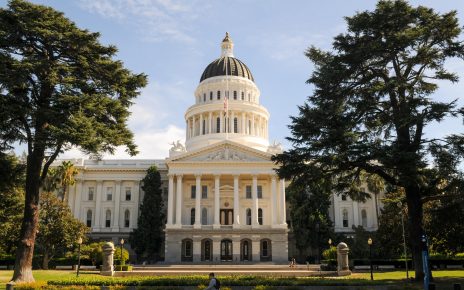Division of Property in California
Code of Civil Procedure Part 2, Title 10.5, Chapter 5 deals with the division of property in the partition of real and personal property in California. Section 873.210 requires the referee appointed by the court to make a division of...




